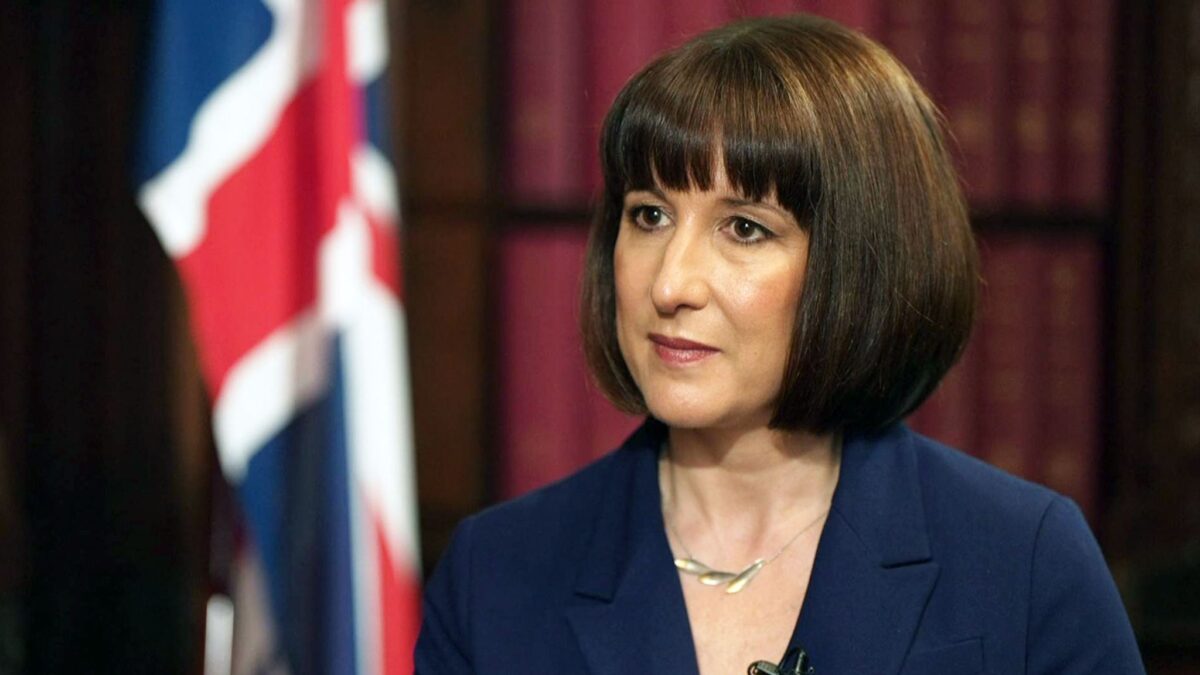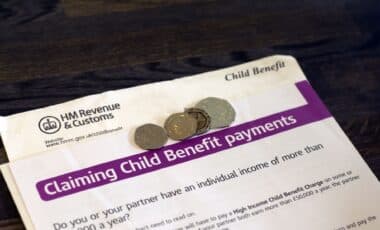Citing developments in aviation technology, Chancellor Rachel Reeves has contended that adding a third runway at Heathrow Airport might enhance air quality. However, some challenge the continuity of her environmental attitude by citing her prior resistance to comparable projects in the vicinity of her area.
Strong criticism from environmental groups and worries about how the proposed expansion will affect the UK’s carbon pledges have rekindled discussions about striking a balance between environmental responsibility and economic growth.
Reeves Supports Heathrow Expansion to Improve Air Quality
Heathrow’s third runway proposal has been supported by Chancellor of the Exchequer Rachel Reeves, who said it might help improve air quality by cutting down on the amount of time planes spend around London before landing. Reeves told the BBC that airports can now run more effectively thanks to current aviation technology, which might reduce emissions. She also maintained that enlarging Heathrow would draw in foreign investment and enhance Britain’s standing as a major international aviation hub.
Her 2020 opposition to the £150 million extension of Leeds-Bradford Airport, which is near her seat in Leeds West, is in stark contrast to this view. Reeves cautioned at the time that the proposal would “significantly increase air and noise pollution” and jeopardize Leeds’ goal of becoming a carbon-neutral city by 2030. Her support for an airport expansion in London while opposing one closer to home has drawn criticism for allegedly employing a double standard.
Environmental Concerns and Political Opposition
The Heathrow expansion plan has drawn fierce criticism from environmental groups, who argue it conflicts with the UK’s commitment to achieving net zero emissions by 2050. According to Brighton Pavilion MP Sian Berry, “The aviation lobby is loud and well-funded, but the Government should instead be listening to scientists and its own Climate Change Committee, which has already urged a halt to overall airport expansion.”
The proposal could increase Heathrow’s capacity from 480,000 to 720,000 annual flights, raising concerns about the environmental impact of increased air traffic. Shadow Transport Secretary Gareth Bacon has highlighted logistical challenges, including the need to purchase around 1,000 local homes and manage the impact on major roadways such as the M25.
Net Zero Secretary Ed Miliband has also weighed in, stating that any expansion must align with the UK’s carbon budgets. “100 per cent, any aviation expansion must be justified within carbon budgets and if it can’t be justified it won’t go ahead.” Miliband assured Parliament’s Environmental Audit Committee.
The Heathrow runway debate underscores the complex interplay between economic development and environmental responsibility. There are also concerns about whether initiatives like this can actually balance economic and environmental objectives as the government looks to draw in foreign investment. The third runway is still a controversial topic as of right now, and its future depends on thorough environmental assessments and public scrutiny.









